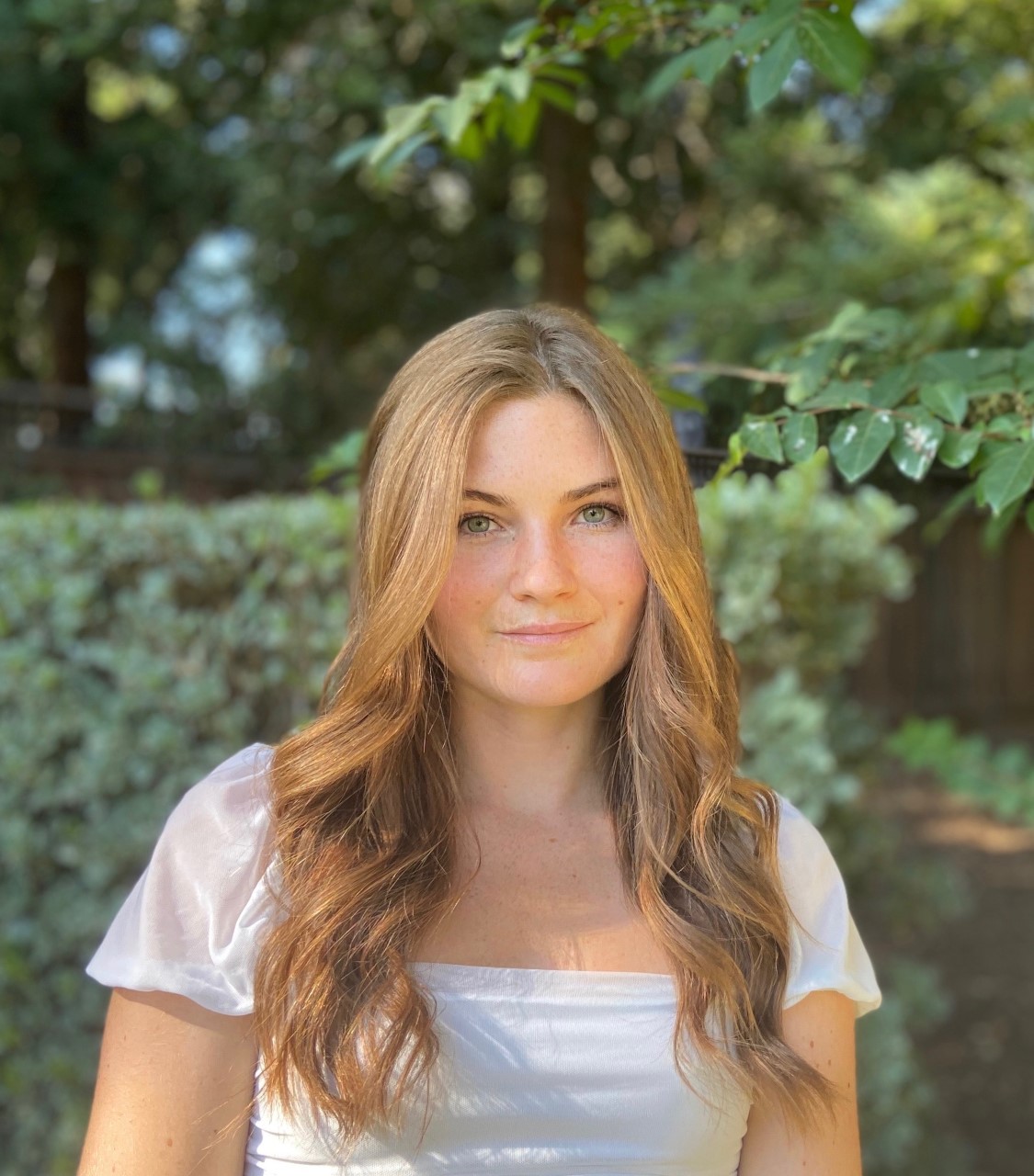 Megan Ritchie is a writer from San Jose, California. She is currently an MFA candidate at the University of Miami, and earned her undergraduate degrees in creative writing and narrative studies from the University of Southern California. She loves reading (and writing about) Gothic novels, and has previously worked in development in Hollywood.
Megan Ritchie is a writer from San Jose, California. She is currently an MFA candidate at the University of Miami, and earned her undergraduate degrees in creative writing and narrative studies from the University of Southern California. She loves reading (and writing about) Gothic novels, and has previously worked in development in Hollywood.
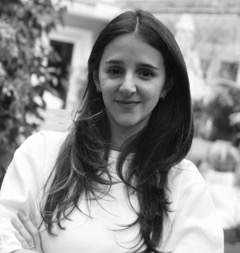 Patricia Garcia is a writer based in Miami, Florida. She earned a bachelor’s degree in International Politics from New York University and was previously a culture writer at Vogue.
Patricia Garcia is a writer based in Miami, Florida. She earned a bachelor’s degree in International Politics from New York University and was previously a culture writer at Vogue.
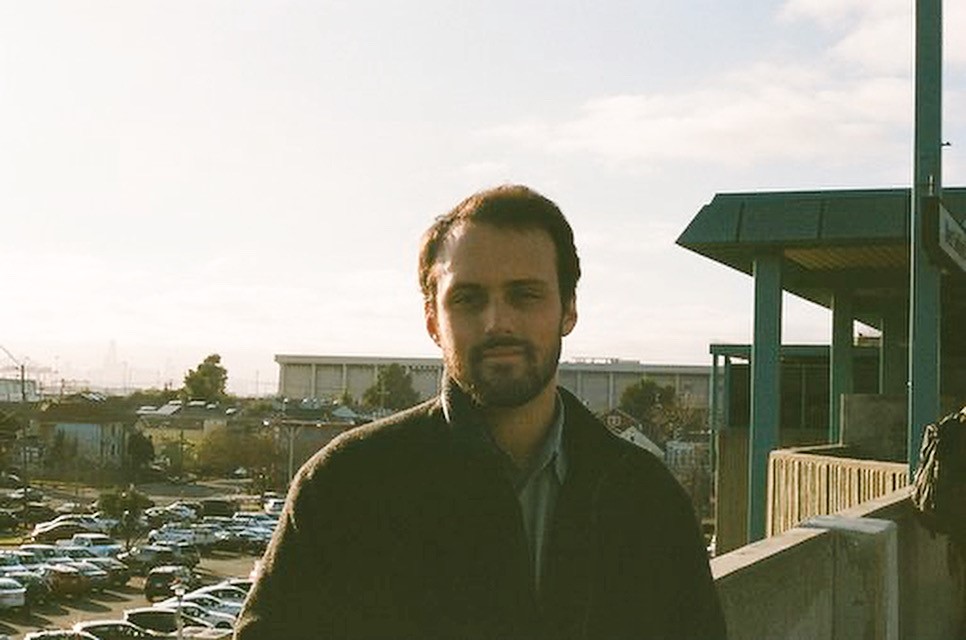 Jarrett Moseley is a bisexual poet who holds a B.A. in Creative Writing from the University of North Carolina at Charlotte. He has been alive in places like Charlotte, NC, Montgomery, AL, and Berkeley, CA. Although he doesn’t always know what he’s writing about, he wants it to be human. Hobbies include writing / singing corny songs, loving his friends, and attempting (though often failing) to be fully engaged with this beautiful, trying earth.
Jarrett Moseley is a bisexual poet who holds a B.A. in Creative Writing from the University of North Carolina at Charlotte. He has been alive in places like Charlotte, NC, Montgomery, AL, and Berkeley, CA. Although he doesn’t always know what he’s writing about, he wants it to be human. Hobbies include writing / singing corny songs, loving his friends, and attempting (though often failing) to be fully engaged with this beautiful, trying earth.
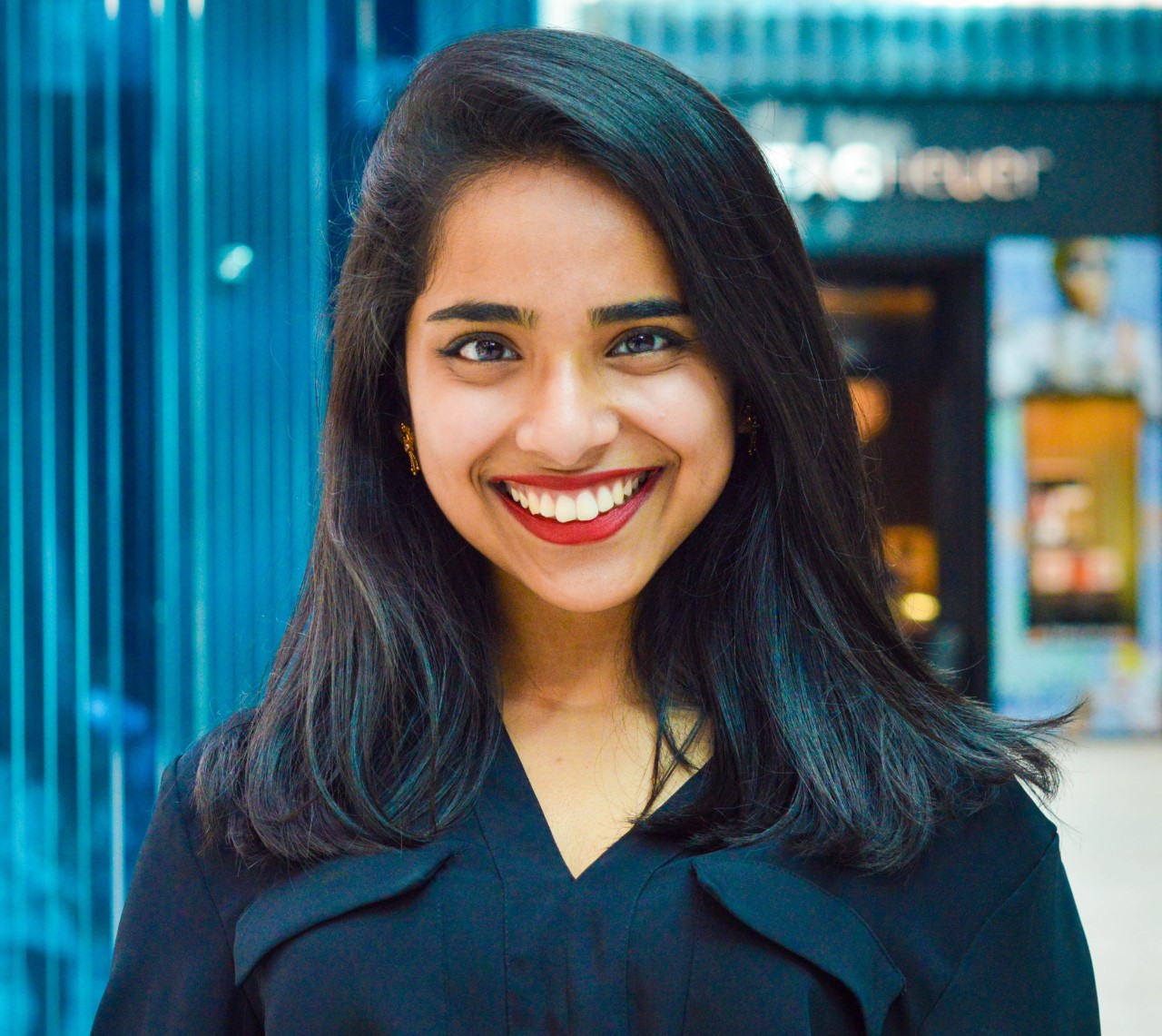 Carolene Kurien is an MFA student in poetry. Her work is heavily influenced by her womanhood, South Indian-South Floridian background, and interest in national/world affairs. She is a double ‘Cane who graduated with a BS in Neuroscience & Creative Writing from the University of Miami in 2020.
Carolene Kurien is an MFA student in poetry. Her work is heavily influenced by her womanhood, South Indian-South Floridian background, and interest in national/world affairs. She is a double ‘Cane who graduated with a BS in Neuroscience & Creative Writing from the University of Miami in 2020.
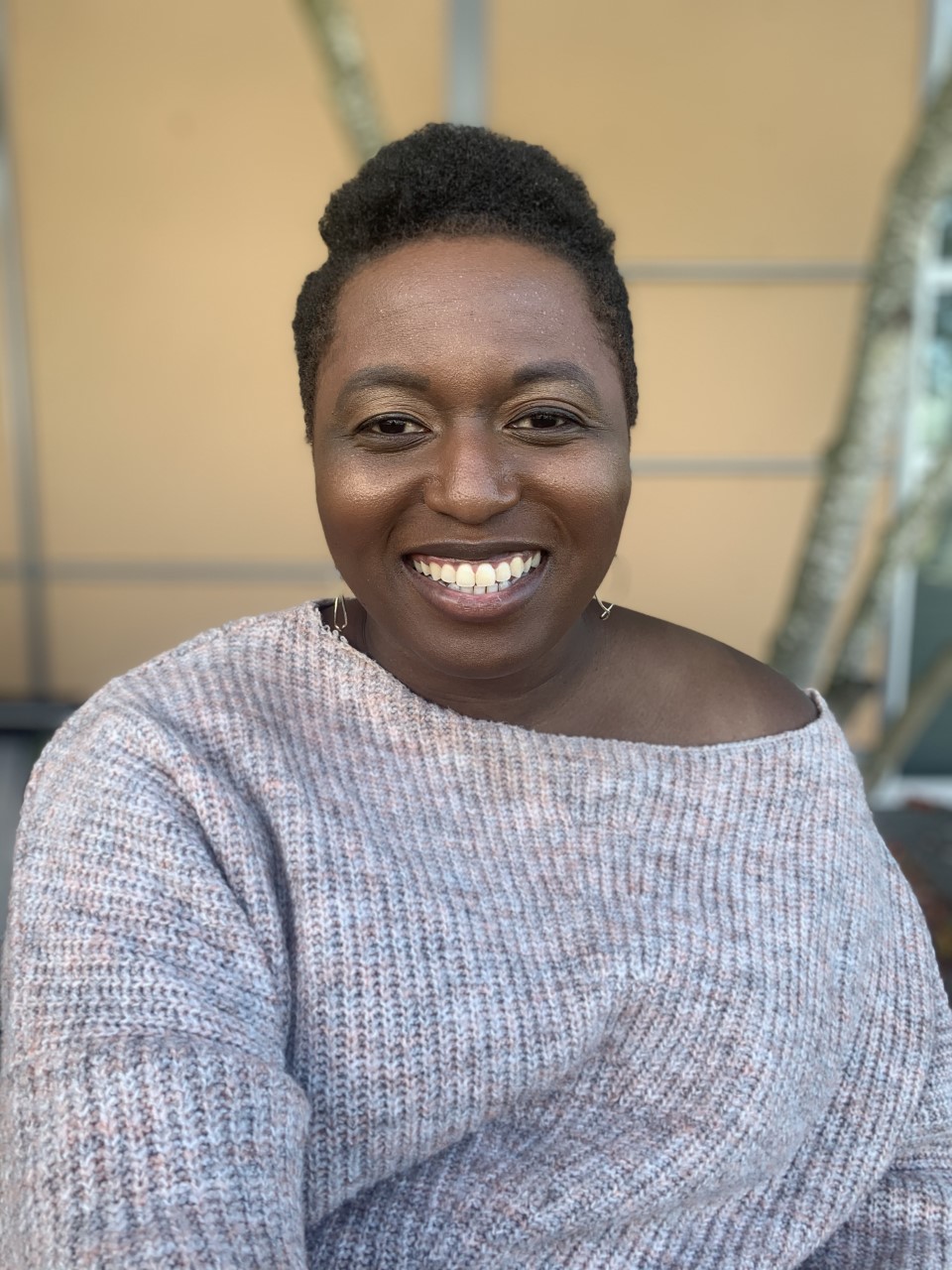 Nia Dickens is an emerging fiction writer from Tallahassee, Florida. Her work focuses on Southern Black coming-of-age narratives. Dickens is a teaching artist for Write253, a youth-centered literary nonprofit based in Tacoma, Washington, as well as a current MFA candidate at the University of Miami. Additionally, she’s a former fellow of the Richard Hugo House in Seattle, WA, an alum of Hurston/Wright Foundation and VONA/Voices.
Nia Dickens is an emerging fiction writer from Tallahassee, Florida. Her work focuses on Southern Black coming-of-age narratives. Dickens is a teaching artist for Write253, a youth-centered literary nonprofit based in Tacoma, Washington, as well as a current MFA candidate at the University of Miami. Additionally, she’s a former fellow of the Richard Hugo House in Seattle, WA, an alum of Hurston/Wright Foundation and VONA/Voices.
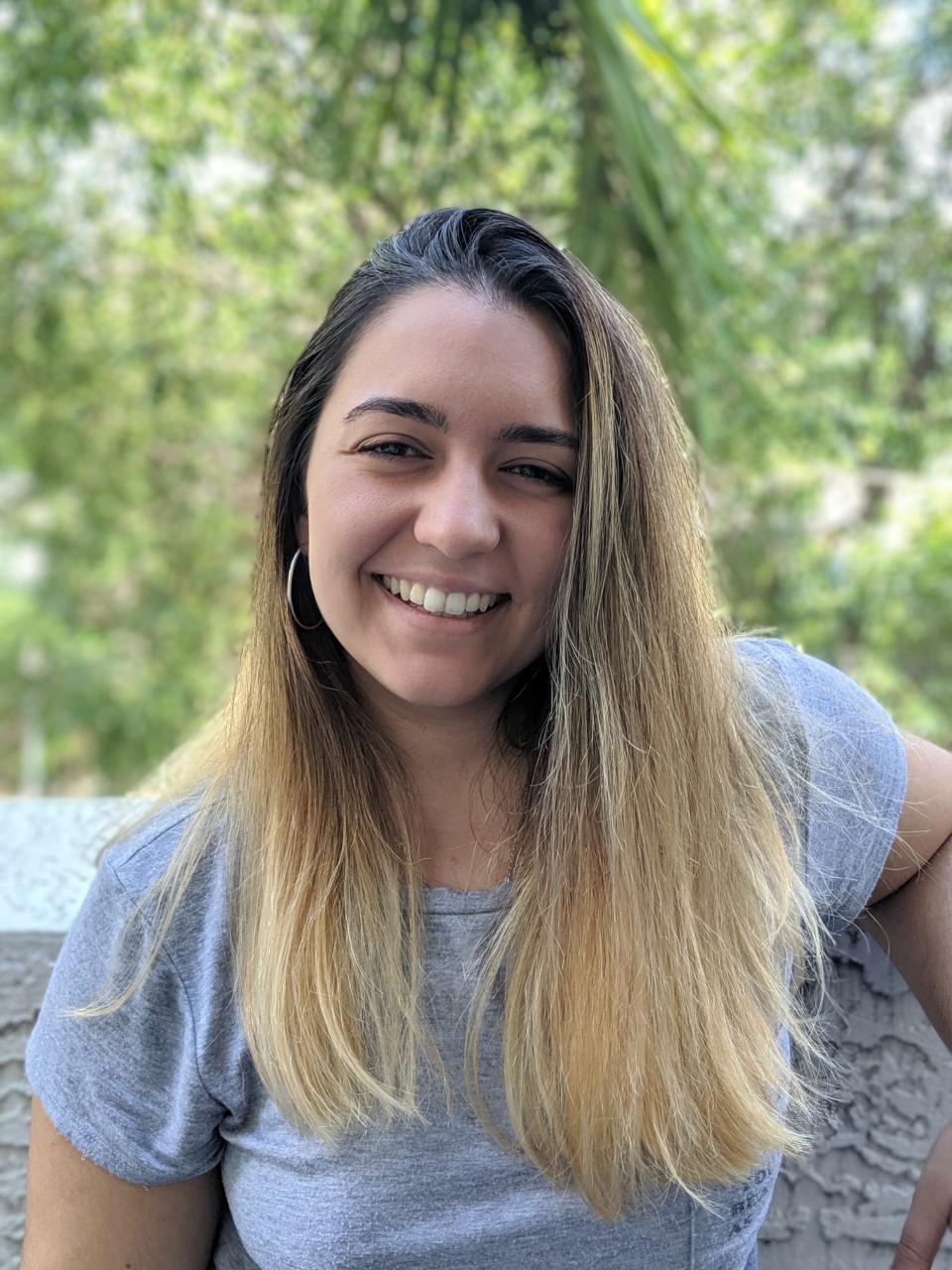 Amanda Lamadrid is a Cuban-American writer from South Florida. She writes fiction and creative non-fiction with an interest in hybrid work, surrealist fiction, and the space between genres. She participated in VONA 2020 and is currently at work on a novel.
Amanda Lamadrid is a Cuban-American writer from South Florida. She writes fiction and creative non-fiction with an interest in hybrid work, surrealist fiction, and the space between genres. She participated in VONA 2020 and is currently at work on a novel.
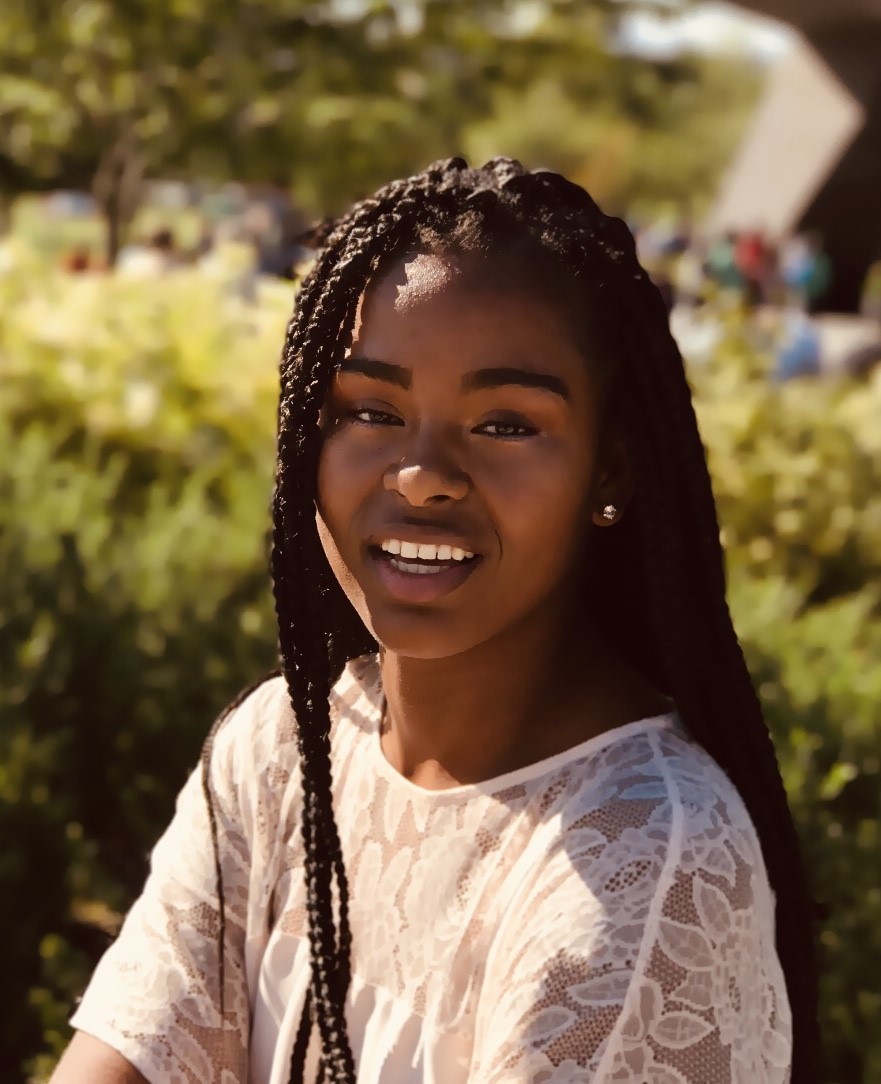 Christell Victoria Roach is a writer born and raised in Miami, Florida. She is an MFA Candidate at The University of Miami studying Poetry. She graduated from Emory’s Class of 2019, with a Bachelor of Arts Degree in Creative Writing & African American Studies. Her research interests primarily center Black women, focusing on their images and voices as a rejection of society’s historical and cultural lenses, which too often omit and obscure their contributions. Although she is a poet and playwright, but she sees research as comprehensive storytelling. She places her poetry in conversation with Black artists and scholars when she describes her bluesing as “critically fabulist wake-work rooted in the demonic,” after Saidiya Hartman, Christina Sharpe, and Katherine McKittrick respectively.
Christell Victoria Roach is a writer born and raised in Miami, Florida. She is an MFA Candidate at The University of Miami studying Poetry. She graduated from Emory’s Class of 2019, with a Bachelor of Arts Degree in Creative Writing & African American Studies. Her research interests primarily center Black women, focusing on their images and voices as a rejection of society’s historical and cultural lenses, which too often omit and obscure their contributions. Although she is a poet and playwright, but she sees research as comprehensive storytelling. She places her poetry in conversation with Black artists and scholars when she describes her bluesing as “critically fabulist wake-work rooted in the demonic,” after Saidiya Hartman, Christina Sharpe, and Katherine McKittrick respectively.
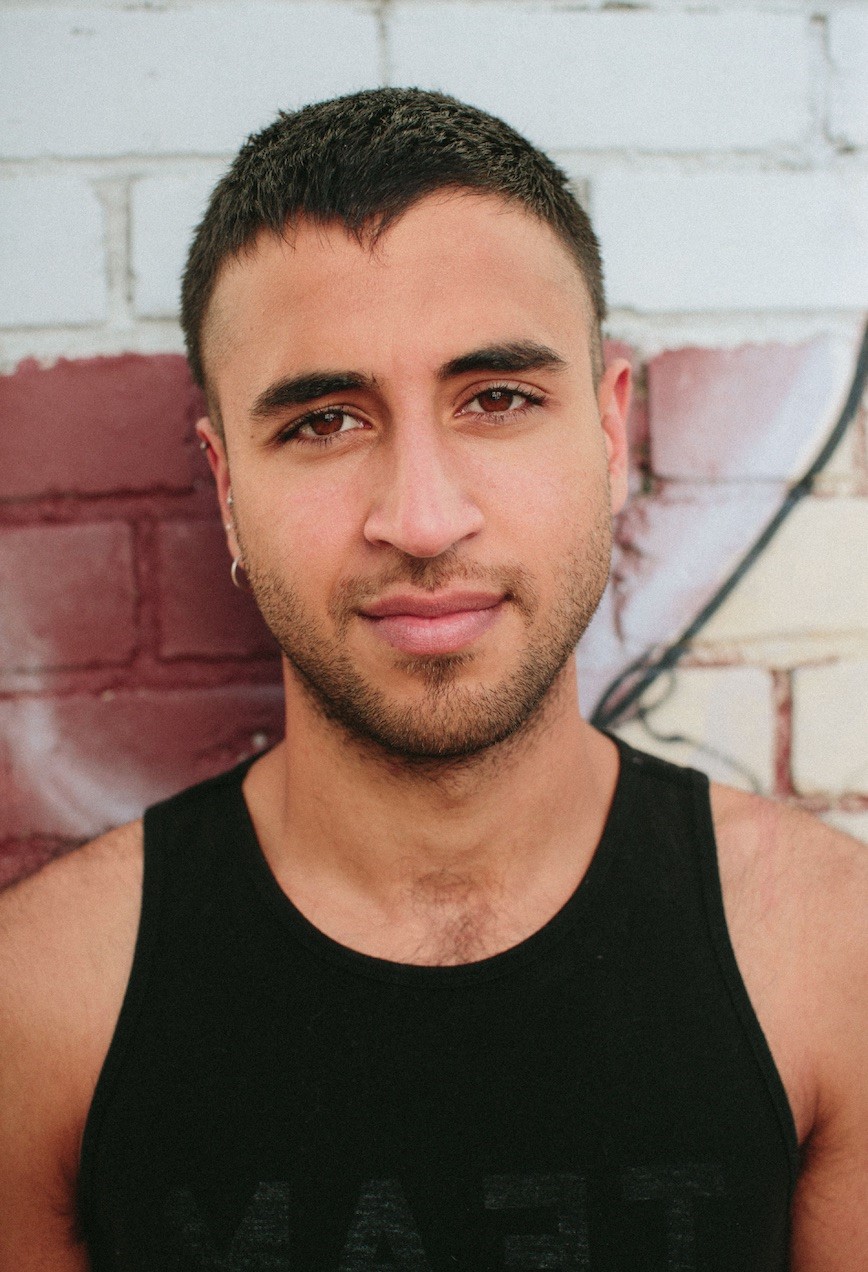 Bobuq Sayed was born in Australia to Afghan refugees. They are an artist, writer, editor, and agitator, and their research interests involve terrorism and faggotry. Bobuq has received fellowships and residencies from the Wheeler Centre, Firstdraft Gallery, Punctum, Kundiman, and VONA. They tweet @bobuqsayed.
Bobuq Sayed was born in Australia to Afghan refugees. They are an artist, writer, editor, and agitator, and their research interests involve terrorism and faggotry. Bobuq has received fellowships and residencies from the Wheeler Centre, Firstdraft Gallery, Punctum, Kundiman, and VONA. They tweet @bobuqsayed.
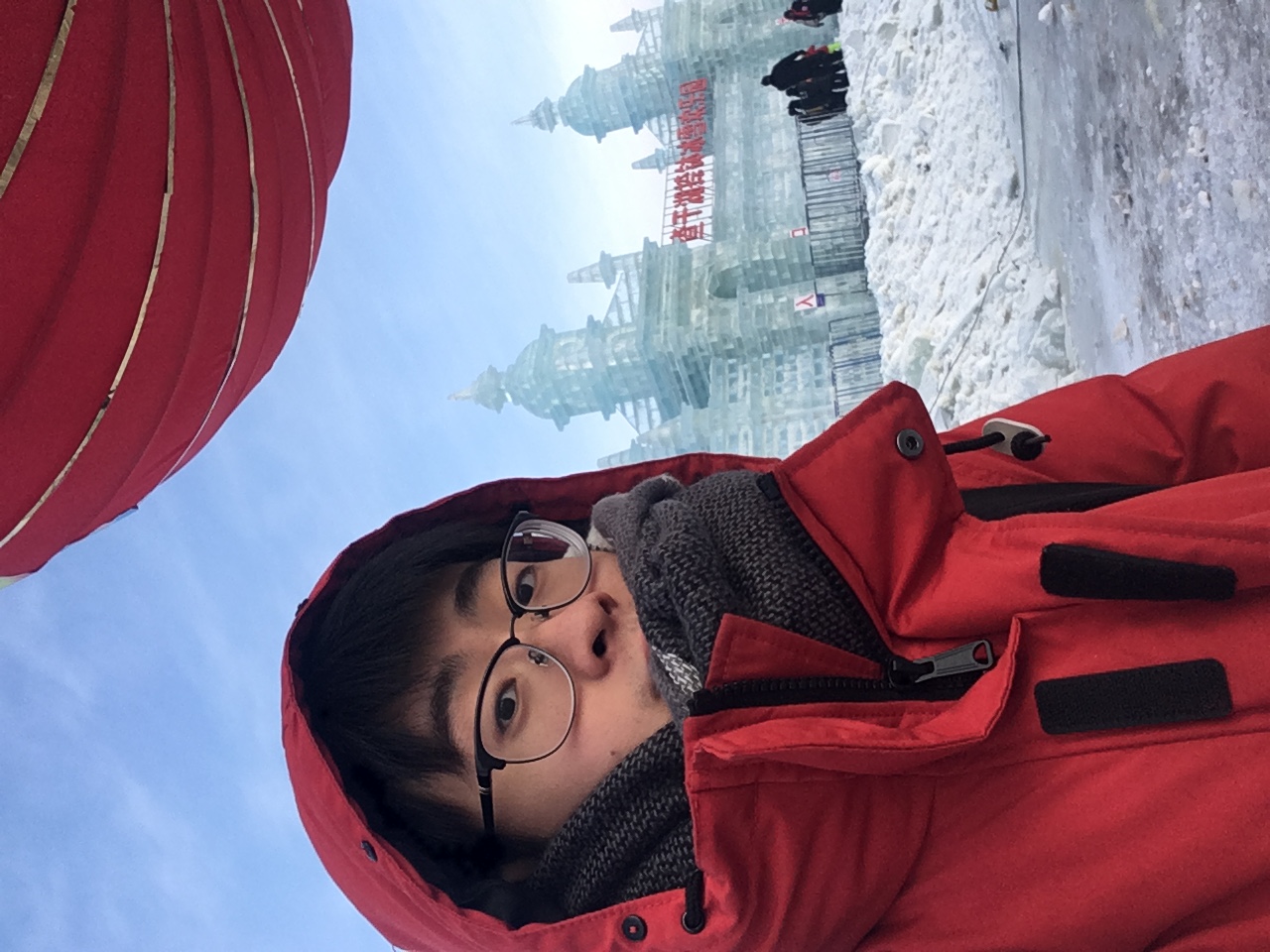 Qi'ang Meng Qi'ang Meng comes from Changchun, China. Besides writing poetry, he always wishes to understand Kant better. This picture shows how much he appreciates the warm weather in Miami.
Qi'ang Meng Qi'ang Meng comes from Changchun, China. Besides writing poetry, he always wishes to understand Kant better. This picture shows how much he appreciates the warm weather in Miami.
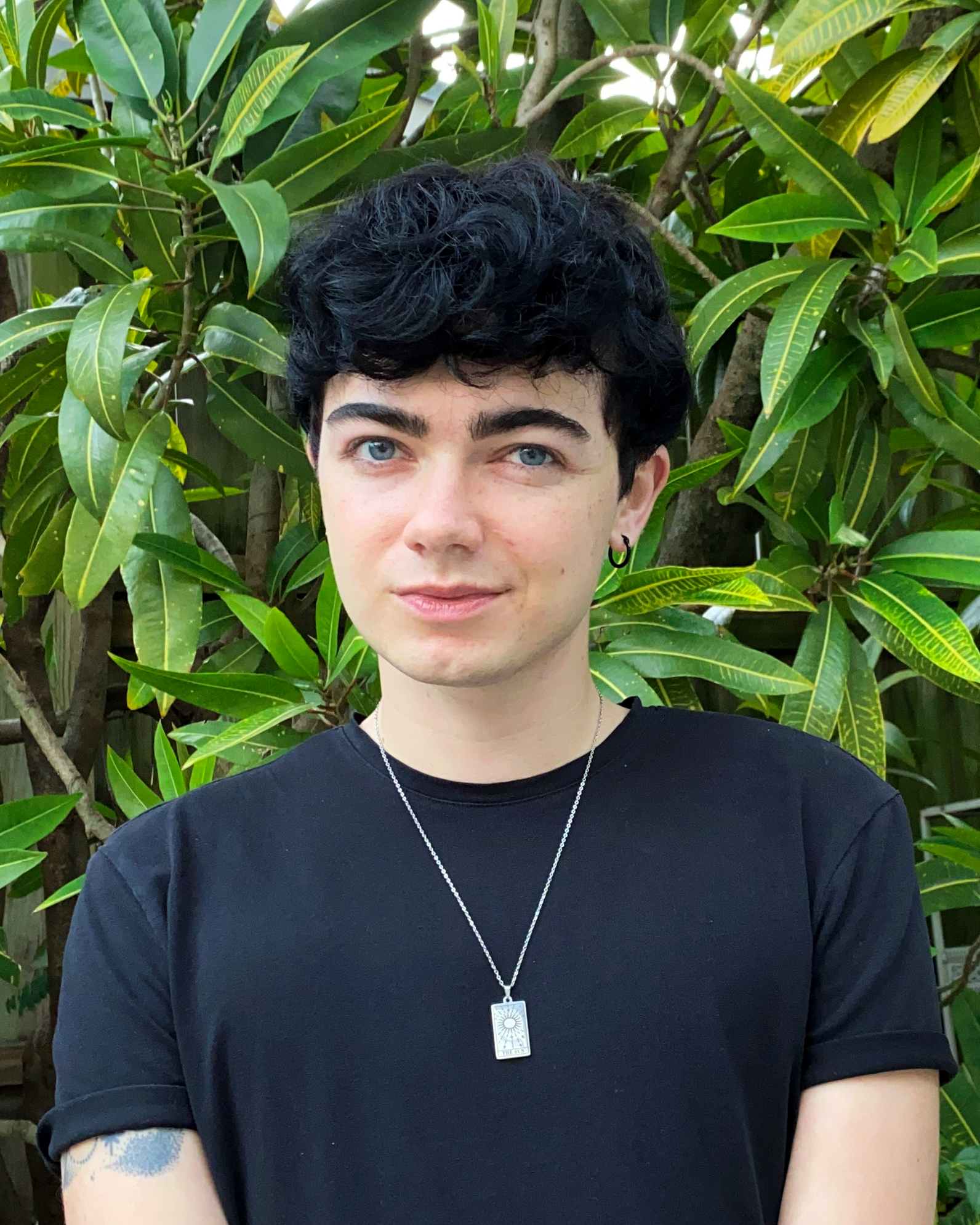 Allen Means Allen Means is a queer poet and writer from Boulder, Colorado. Having earned a B.A. in Creative Writing and Japanese at the University of Colorado Boulder, Allen is continuing his studies at the University of Miami as an MFA student in Poetry.
Allen Means Allen Means is a queer poet and writer from Boulder, Colorado. Having earned a B.A. in Creative Writing and Japanese at the University of Colorado Boulder, Allen is continuing his studies at the University of Miami as an MFA student in Poetry.
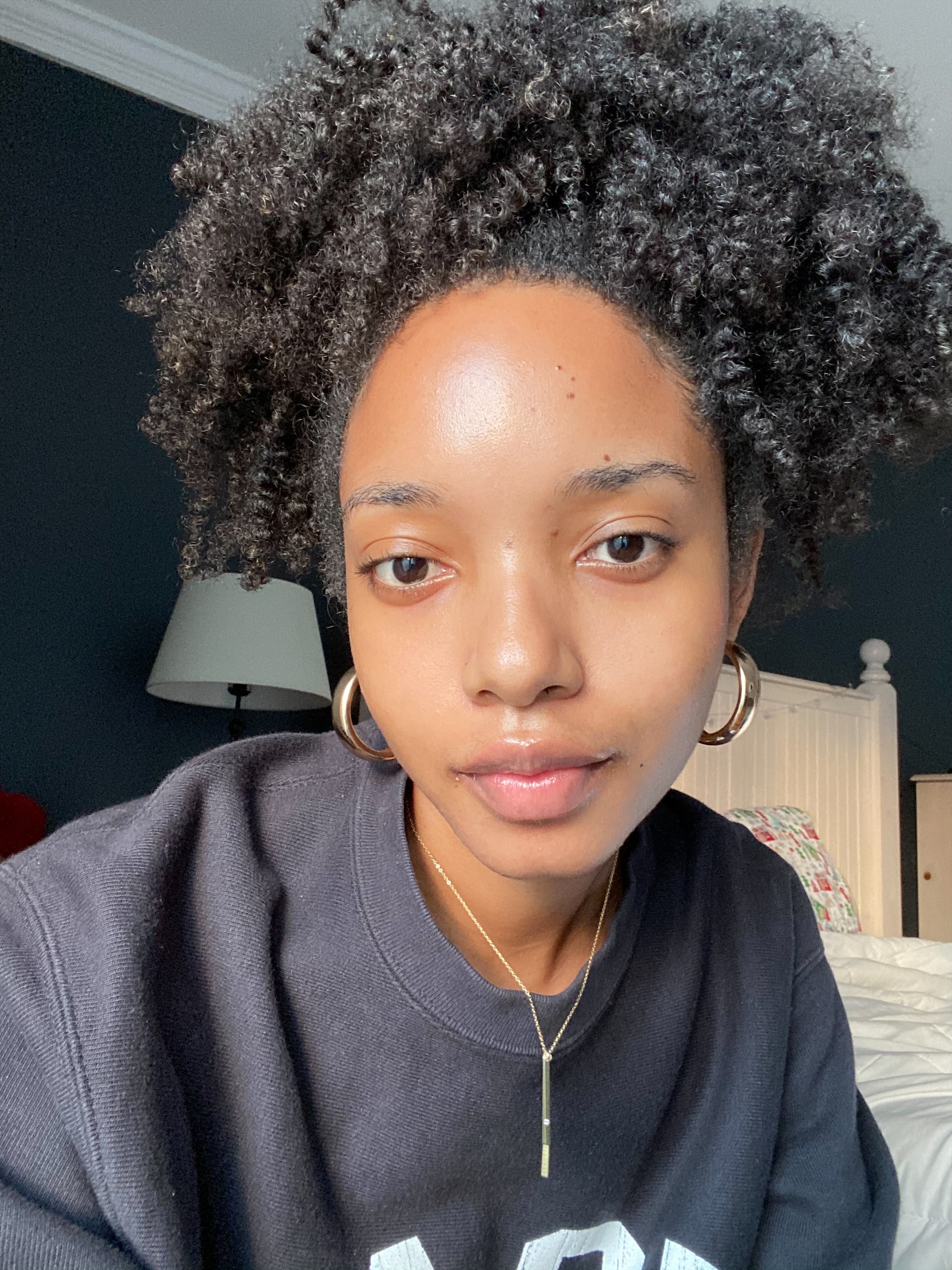 Sara Bastian Sara Bastian is a writer from Nassau, Bahamas. Her work focuses on life in the postcolonial Caribbean.
Sara Bastian Sara Bastian is a writer from Nassau, Bahamas. Her work focuses on life in the postcolonial Caribbean.
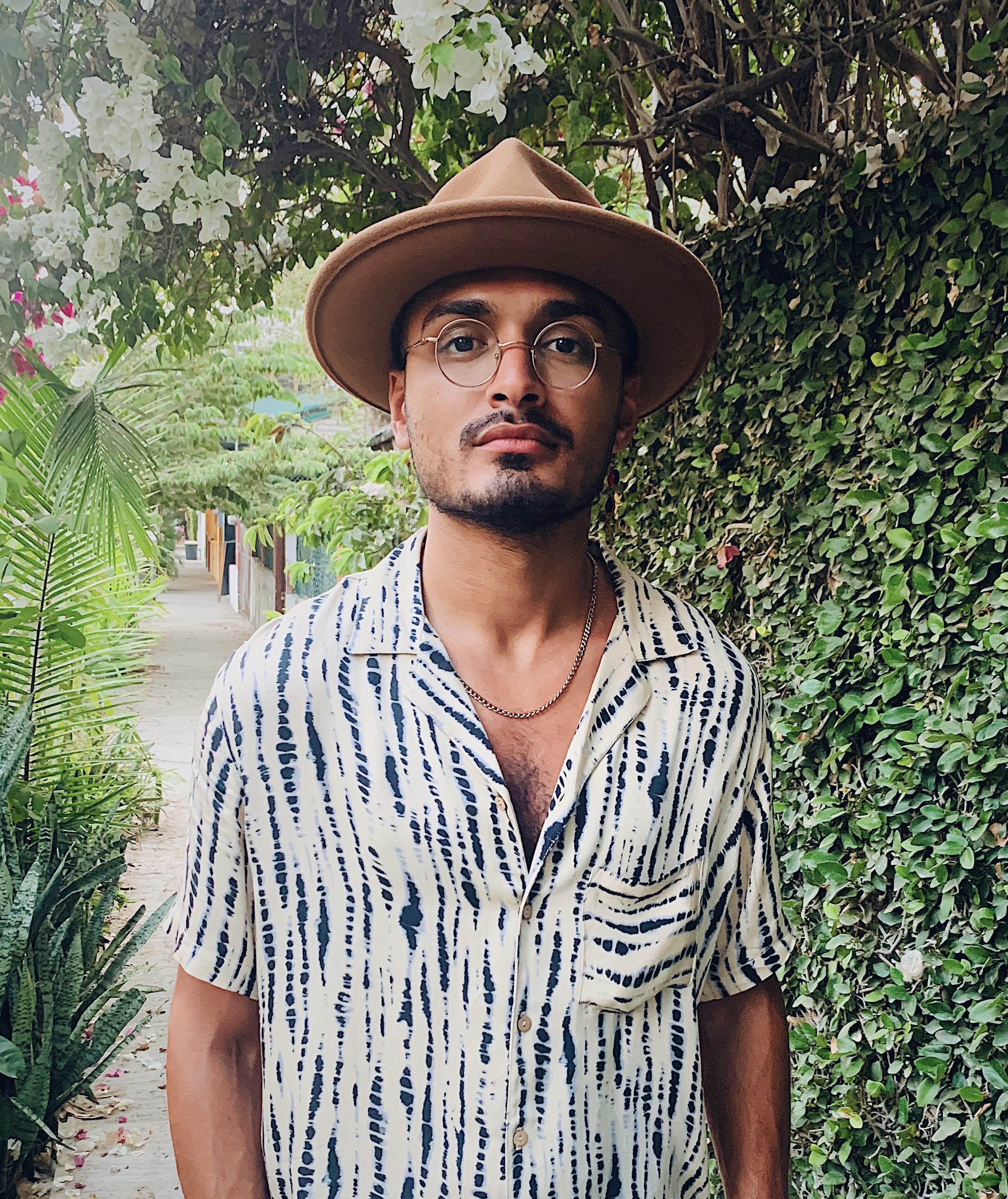 Randy Santiago Randy William Santiago is a writer from inner-city Chicago, a Fulbright Scholar and a Periplus Collective Fellow. His writing centers primarily on people who exist along the margins. Santiago's writing has found a home in The Blue Nib, Craft, Litro Magazine, Lunch Ticket, The Masters Review, and Storm Cellar. He tweets @hoodliterati.
Randy Santiago Randy William Santiago is a writer from inner-city Chicago, a Fulbright Scholar and a Periplus Collective Fellow. His writing centers primarily on people who exist along the margins. Santiago's writing has found a home in The Blue Nib, Craft, Litro Magazine, Lunch Ticket, The Masters Review, and Storm Cellar. He tweets @hoodliterati.















